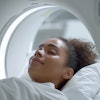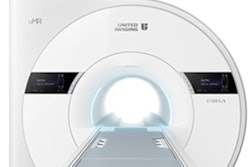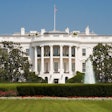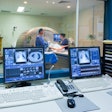Dear MRI Insider,
Professional societies such as the American College of Radiology recommend women at higher risk of breast cancer undergo MRI, due to the modality's robust cancer detection rate compared with mammography and ultrasound. But on initial screening, breast MRI can also produce high false-positive rates. So do the modality's strengths outweigh its potential "harms"?
Yes, say researchers from the University of California, San Francisco (UCSF). Find out more about their take on breast MRI's cost/benefit trade-off in this edition's Insider Exclusive.
After you've read our featured story, take a look at how MRI is helping clinicians in the fight against COVID-19, particularly how brain MRI scans illuminate the disease's neurologic manifestations. Then check out what a group from Washington University School of Medicine in St. Louis has discovered about COVID-19's impact on stroke evaluation, specifically that the use of MRI to assess stroke has decreased by 47.4% since the pandemic's onset.
In another study we're covering, Irish researchers cautioned that technologists must be careful about the respirators they use in the MRI suite because some contain magnetic components. "MRI staff may also be wearing a respirator as part of their personal protective equipment when dealing with these patients," wrote a team from Mater Private Hospital in Dublin. "These staff members may not be aware that respirators and facemasks do not have MRI safety documentation and as such require testing."
Finally, check out what a group from Boston University has to say about using artificial intelligence (AI) with MRI and patient information to predict a patient's risk of Alzheimer's disease and why another team from UCSF is urging that follow-up with breast MRI should be bilateral, even in asymptomatic women who have undergone mastectomy.
Be sure to check in regularly with AuntMinnie.com's MRI Community for up-to-the-minute coverage of news and research developments.




.fFmgij6Hin.png?auto=compress%2Cformat&fit=crop&h=100&q=70&w=100)




.fFmgij6Hin.png?auto=compress%2Cformat&fit=crop&h=167&q=70&w=250)











